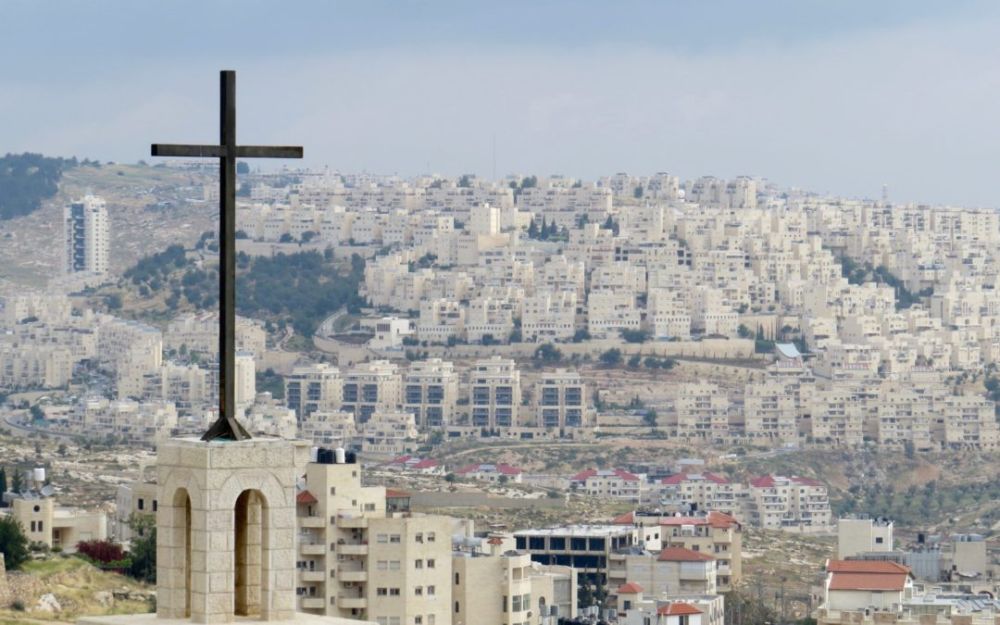

The story of Bethlehem dates back over 3,000 years, with its first mention in the Old Testament of the Bible as the hometown of King David. It was later known as the birthplace of Jesus Christ, a foundational event for Christianity, making it an enduring focal point for pilgrims around the world. The city's spiritual significance has deeply influenced the development of its tourism industry.
Religious tourism has been the cornerstone of Bethlehem, with its history deeply intertwined with Biblical events. The construction of the Church of the Nativity in the 4th century by Helena, mother of Emperor Constantine, marked Bethlehem as a key destination for Christian pilgrots. Despite periods of destruction and subsequent reconstructions, the church remains a central attraction, drawing visitors from across the globe.
In the 19th and 20th centuries, Bethlehem experienced a surge in popularity as an essential stop for Holy Land visitors. The city's infrastructure expanded with new accommodations and services catering to international tourists. However, political instability occasionally affected tourist flows, reflecting the region's complex realities.
The turn of the millennium brought with it challenges as well as opportunities. The political climate often dictated tourism trends, but the city continued to innovate its offerings. Efforts by local authorities and international organizations have focused on cultural preservation, sustainability, and improving visitor experiences at historical sites, which remain central to Bethlehem's tourism appeal.
In the 21st century, Bethlehem has embraced eco-tourism and cultural tourism alongside its religious heritage. Visitors can explore not only the sacred sites but also experience local Palestinian culture, cuisine, and art. The city has seen growth in boutique hotels, local craft markets, and cultural festivals, enriching the tourism landscape significantly.
With the future focus on sustainable tourism, Bethlehem is poised to expand its appeal even further. Continued investment in infrastructure, alongside efforts to promote peace and stability in the region, are key to ensuring the city remains a cherished destination for generations to come.
Whether drawn by faith, history, or culture, visitors to Bethlehem can expect a deeply enriching experience. Its rich tapestry of human stories and cultural treasures continue to make it one of the world's most fascinating destinations. As Bethlehem looks to the future, it remains a place where the past is always present, inviting travelers to walk in the footsteps of history.